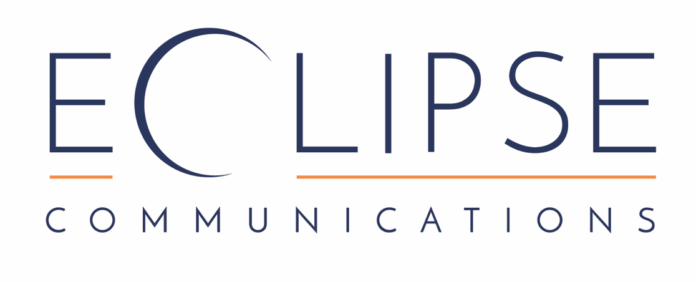According to Eclipse Communications, to achieve brilliant pitches, this requires meticulous attention to detail, thorough planning, brilliant strategising, expert use of resources, sheer hard work, and finding time between other business priorities and work for paying clients. Pulling off a winning pitch can test the resilience of the most experienced communications professional.
New business pitches are on the agenda of all communications agencies in an effort to grow business or replace lost clients/shrinking accounts. While agencies are always eager to win new business, there are some important realities to keep in mind.
Once a pitch brief is laid down and contenders are invited to participate, the race is on to go toe to toe with competitors in an effort to emerge victorious. This may sound like a fun episode of The Amazing Race; however, just like the TV programme, there are tough challenges to face in meeting the pitch brief.
Pitching is both an art and a science: it’s an art due to the high level of creative thinking and design work required, and it’s a science because it requires analysing the client’s business, its competitive landscape and the industry as a whole, to produce authentic data as well as creative and unique solutions to the client’s challenges.
When the pitch is polished, a date is set, and diaries have been adjusted to ensure that the whole pitch team can be present, the agency goes all out to present its ‘big idea.’ It’s a nail-biting, but exciting, finale to an intense process, and at the end, contenders must endure an often long wait for feedback, or worse, no feedback at all. Stipulated revert dates can come and go, and often only a one-paragraph rejection note is all that’s received.
Potential clients should keep the following in mind and let the agency know:
1. If your stipulated revert deadlines cannot be met, or there are unforeseen delays.
2. If there are changes to your business and you no longer need an agency.
3. If they have been unsuccessful, and why, so they know what they can do better next time.
4. When they have been successful, and why.
Feedback, whether positive or negative, helps agencies either learn from their mistakes or keep up their winning formula. In the case of a win, it sets the tone for the client-agency working relationship going forward.
We know all too well that time is money and communications agencies spend a great deal of time perfecting their pitches. Some potential clients offer agencies pitch fees, which is greatly appreciated in recognising the efforts put in.
In fact, the Association for Communication and Advertising (ACASA) suggests that, due to the costs involved, all agencies, including those that are not successful in the pitch, should be appropriately remunerated for expenses reasonably incurred for creative/strategic work in the pitch.
This not only makes it more financially viable for agencies to put their time and effort into a pitch, but it also enables smaller concerns to enter the race, and ensures the potential client of a better quality pitch all round.
ECLIPSE COMMUNICATIONS
www.eclipsecomms.com










